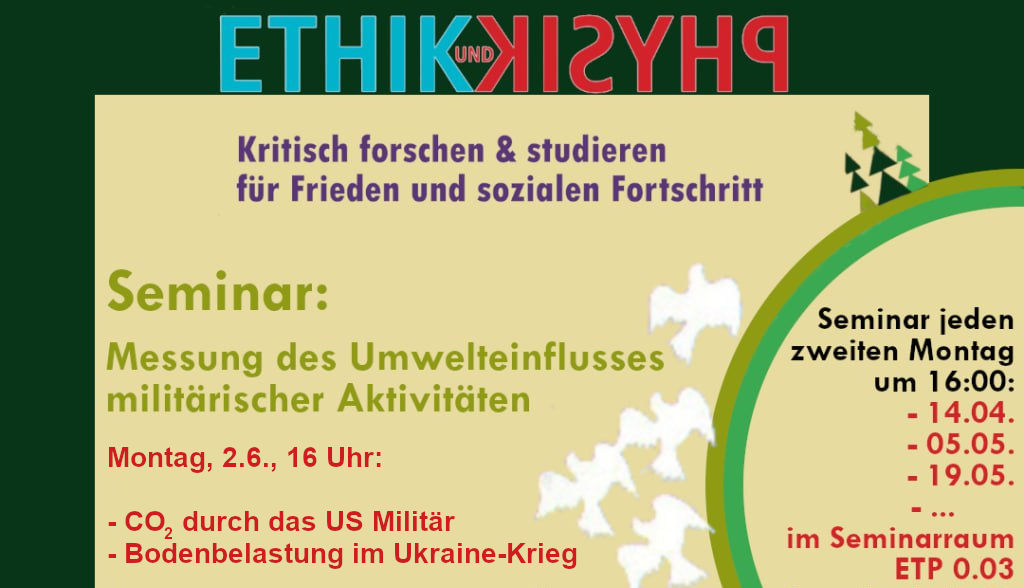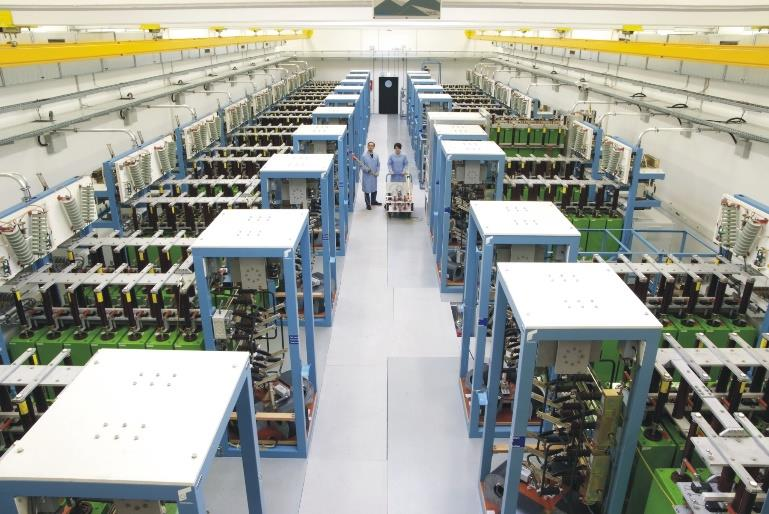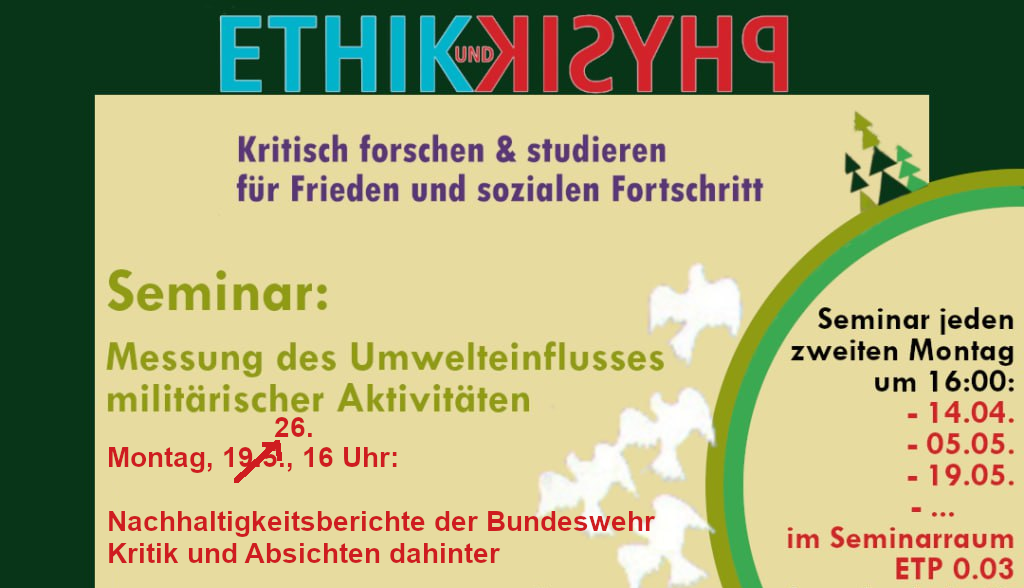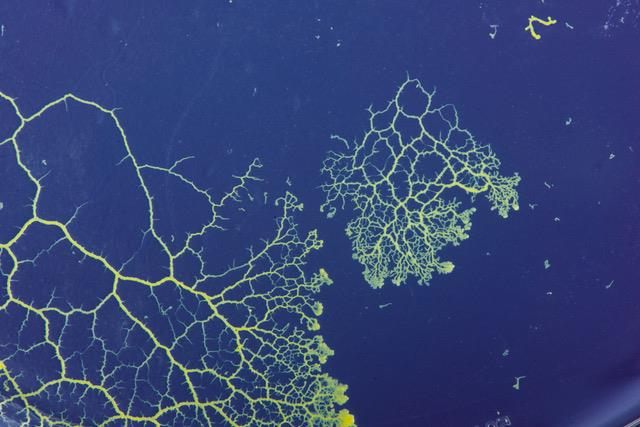Offener Brief für die Rücknahme der Strafanträge der UzK gegen Palästina-solidarische Protestierende // Open letter for the withdrawal of the UoC’s criminal charges against Palestine-solidarity protesters
| Wir, Studierende der Universität zu Köln, haben einen Offenen Brief an die Universitätsleitung initiiert. In diesem fordern wir die Rücknahme der Strafanträge gegen Protestierende (Studierende verschiedener Universitäten und Aktivist*innen), die im Sommer 2024 an einer friedlichen Blockade des Eingangs zum Hauptgebäude teilgenommen haben. Ziel des Protests war es, ein zuvor abgelehntes Gespräch über die Haltung und Rolle der Universität zum anhaltenden Krieg im Gazastreifen und die damit verbundene humanitäre Katastrophe, über Partnerschaften mit israelischen Universitäten, über die Ausladung Nancy Frasers und weitere fragwürdige Entscheidungen der Universität zu erwirken.
Unser Anliegen: Die Rücknahme der Strafanträge; für eine Universität, die als Ort des offenen Diskurses, der Wissenschafts-, Meinungs- und Versammlungsfreiheit und dem Auftrag, zu Frieden, Demokratie und Nachhaltigkeit in der Welt beizutragen, glaubwürdig bleibt. Unterstütze den Offenen Brief mit deiner Unterschrift. Ob von Gruppen, Lehrenden, Studierenden oder Externen – wir freuen uns über jede Unterschrift, denn als öffentliche Institution hat sich die Universität vor der Gesellschaft zu verantworten.
|
We, students at the University of Cologne, initiated an open letter to the rectorate. In this letter, we demand the withdrawal of the criminal charges against protesters (students from various universities and activists) who took part in a peaceful blockade of the entrance to the main building in summer 2024. The aim of the protest was to obtain a previously rejected conversation about the university’s stance and role in the ongoing war in Gaza and the associated humanitarian catastrophe, about partnerships with Israeli universities, about the disinvitation of Nancy Fraser and other questionable decisions by the university.
Our demand: The withdrawal of the criminal charges; for a university that remains credible as a place of open discourse, freedom of science, opinion and assembly and the mission to contribute to peace, democracy and sustainability in the world. Support the Open Letter with your signature. Whether from groups, teaching staff, students or external parties – we look forward to every signature, because as a public institution, the university has to answer to society. |
…
 Antifaschistische Lesungen zum 92. Jahrestag der Bücherverbrennung
Antifaschistische Lesungen zum 92. Jahrestag der Bücherverbrennung



 Mittwoch, 14.05.2025, 18 Uhr
Mittwoch, 14.05.2025, 18 Uhr